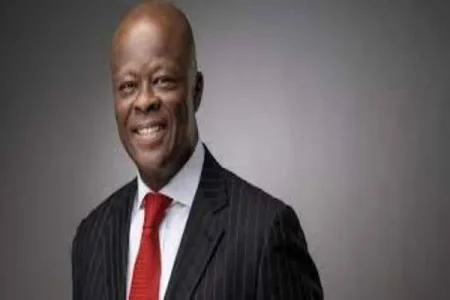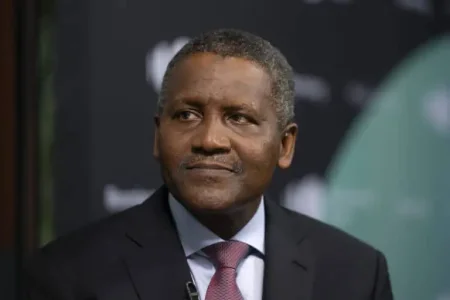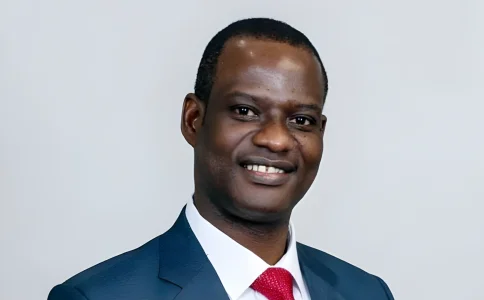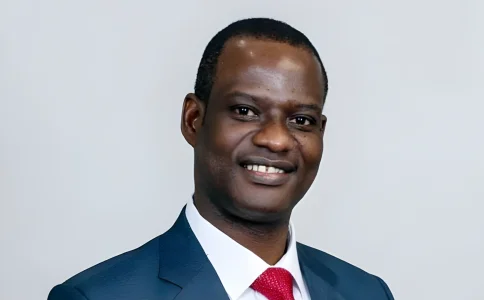
Finance Minister and Coordinating Minister of the Economy, Wale Edun, disclosed in a recent interview with Channels TV that approximately only 5% of Nigerians have more than N500,000 in their bank accounts. Edun emphasized that the ongoing federal government reforms aim to address economic imbalances that have favored a small group of elites over the majority for the past eight years. The microeconomic reforms seek to redirect government revenue into the treasury, targeting liquidity in the economy not tied to production or supply of goods and services. Edun clarified that these reforms are corrective measures to ensure the majority benefit from the financial system.
Edun highlighted the government's commitment to poverty alleviation and reducing the high cost of living. President Tinubu's administration plans to provide a palliative package of N25,000 to 15 million households over the next three months. The initiative also includes grants for artisans, traders, and nano-business owners to boost their small businesses and improve livelihoods. The intervention programs have been revamped to ensure transparency and prevent fraud, requiring beneficiaries to have a National Identification Number (NIN), Bank Verification Number (BVN), or access to a mobile money account.
In the wake of soaring petrol prices and record-high inflation rates, the government aims to address the challenges faced by citizens. President Tinubu recently announced the release of 42,000 metric tonnes of grains to stabilize food prices, reinforcing the administration's commitment to self-sufficiency without resorting to food importation. The reforms represent a comprehensive effort to reshape Nigeria's economic landscape and provide tangible support to those in need




